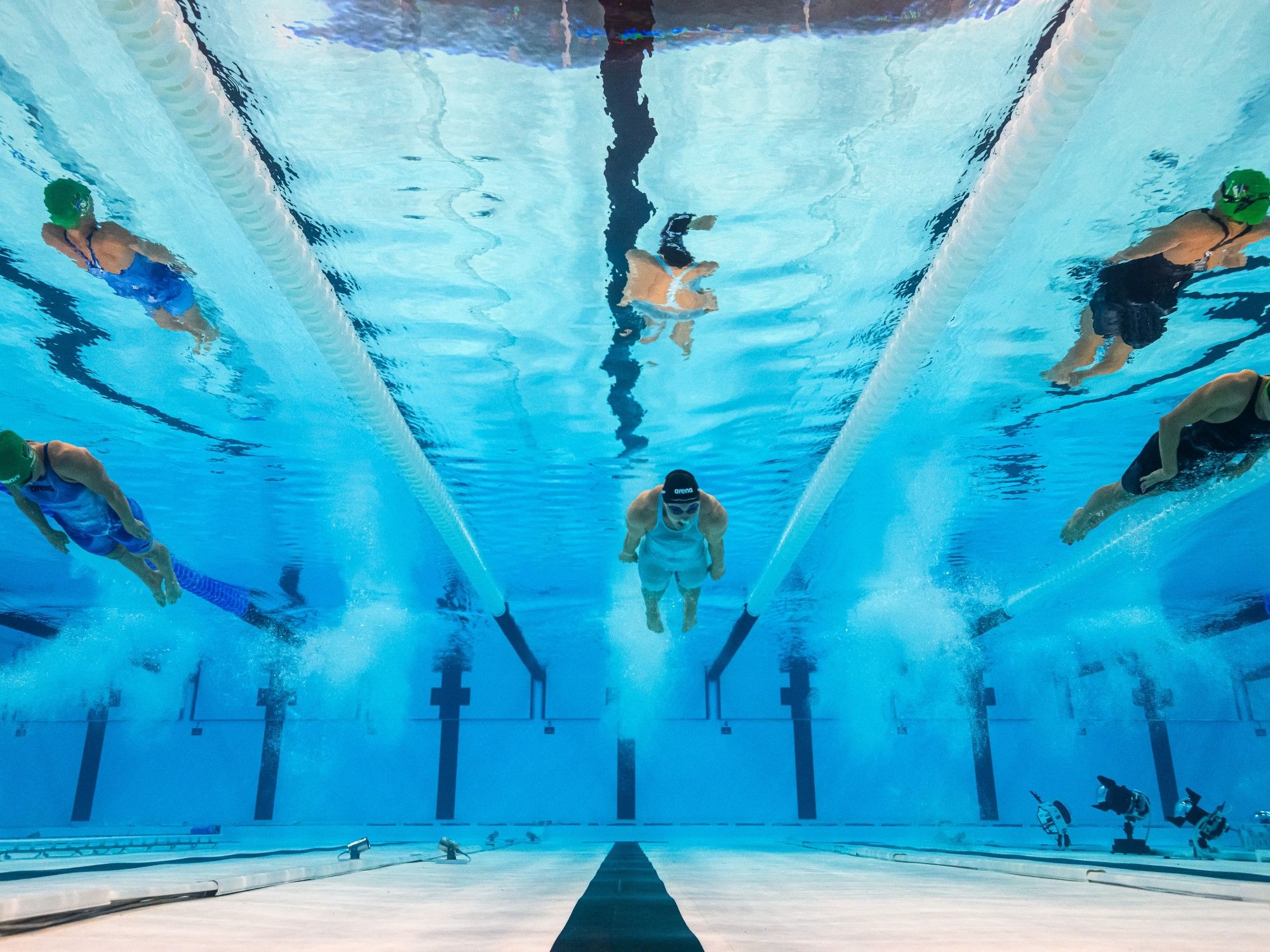
THE AMERICA ONE NEWS

Oct 5, 2025 |
0
| Remer,MNSponsor: QWIKET
Sponsor: QWIKET
Sponsor: QWIKET: Sports Knowledge
Sponsor: QWIKET: Elevate your fantasy game! Interactive Sports Knowledge.
Sponsor: QWIKET: Elevate your fantasy game! Interactive Sports Knowledge and Reasoning Support for Fantasy Sports and Betting Enthusiasts.
topic

National Post
31 Jul 2024

PARIS — Where is the speed? Where are the world records? Why is the Olympic pool at La Defense Arena so damn slow as the best swimmers in the world gather for some of the most important races of their career?
The questions run deep.
And the closest thing to a real answer: It’s not so deep — literally.
Not one world record has been set through four days of the meet, a rarity for an Olympic Games were the elite have trained for years to unleash peak performances. A handful of Olympic standards have fallen and that’s it.
